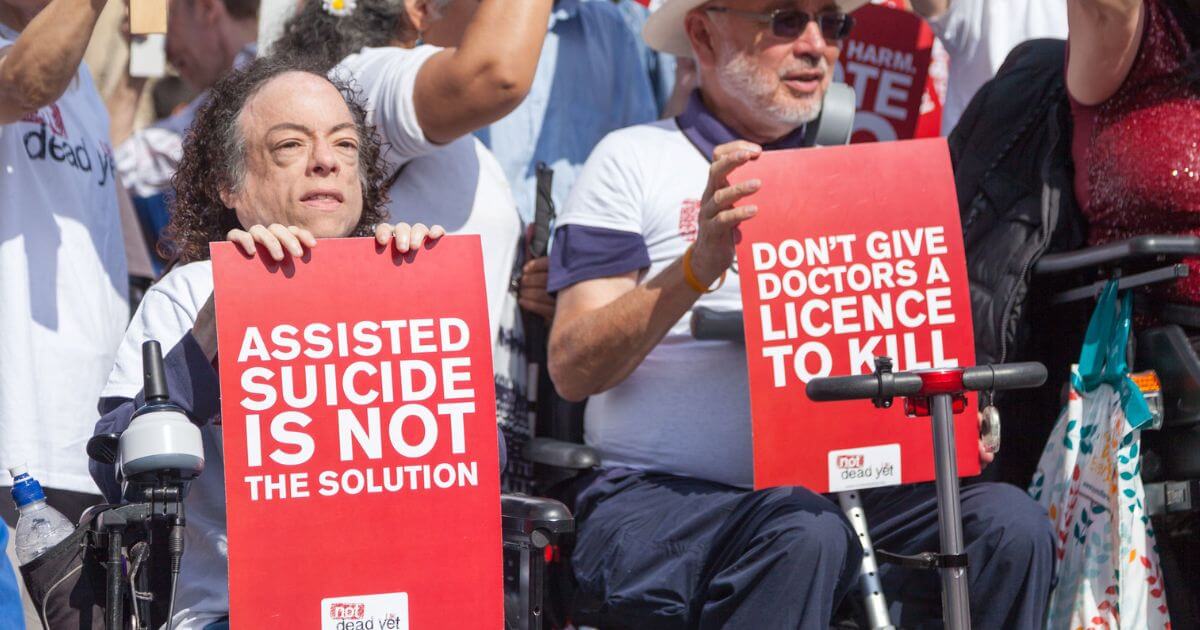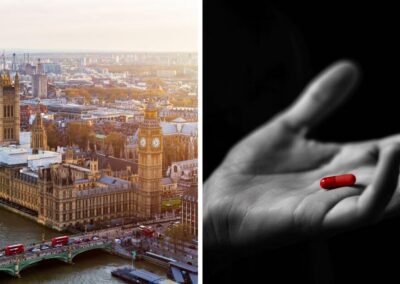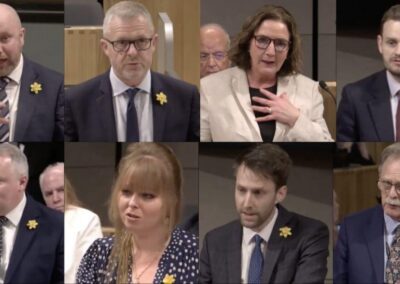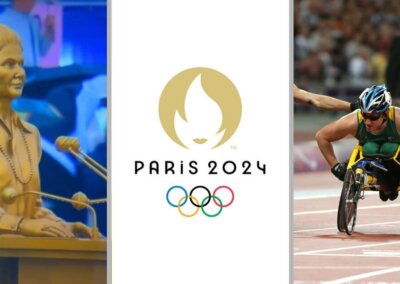Activists with disabilities are speaking out against the legalisation of assisted suicide and are warning that vulnerable people risk “being devalued to death” as Labour MP Kim Leadbeater attempts to introduce assisted suicide.
Leadbeater’s announcement that she would be introducing an assisted suicide Bill, which is expected to be tabled on 16 October and which assisted suicide lobby group Dignity in Dying has confirmed will be voted on next month, has led to an outcry among a number of major disability rights groups and activists who are continuing to express their fervent opposition to the Bill.
Actress and activist Liz Carr, who described the prospect of legalising assisted suicide in the UK as “terrifying” in her BBC documentary Better Off Dead?, shared her fears about its effect on vulnerable people.
She said “For many disabled people the assumption that we’d be ‘Better Off Dead’ is something that we get used to hearing. We do not believe that any safeguard can adequately protect us from coercion, abuse, mistake and discrimination. We believe that if assisted suicide is legalised, disabled, ill and older people risk being devalued to death”.
‘What’s to say I won’t be eligible for a death sentence, and pushed into it?’
Fears of coercion are very real for Dermot Devlin, founder of the disabled rights and disability blog My Way Access, who told Politics UK he is “scared” about being forced into an assisted suicide through the new Bill.
“With my increased chronic pain, respiratory failure and mobility issues, what’s to say I won’t be eligible for a death sentence, and pushed into it?”, he said.
Disability rights activist George Fielding echoed Devlin and Carr’s concerns, stating that legalising assisted suicide would “lead to coercion and pressure on disabled individuals to end their lives prematurely”. He said “In a society that often devalues and marginalises disabled people, it is not difficult to imagine scenarios where individuals feel like they are a burden to their families or caregivers. The mere existence of legally assisted suicide could send the message that ending one’s life is an acceptable solution to these feelings rather than addressing the underlying societal attitudes and lack of support”.
Legalising assisted suicide would turn “doctors into active participants in ending patients’ lives”
No doctors’ groups in the UK support changing the law to introduce assisted suicide or euthanasia, including the British Medical Association, the Royal College of General Practitioners, the Royal College of Physicians, the British Geriatric Society, and the Association for Palliative Medicine.
However, Fielding argued that the legalisation of assisted suicide would profoundly change the relationship between patient and doctor, especially in the area of trust. He said “As a society, we entrust doctors with the sacred duty to preserve life and alleviate suffering. Legalising assisted suicide would fundamentally alter this role, turning doctors into active participants in ending patients’ lives. This could undermine trust in the doctor-patient relationship, particularly for disabled individuals and others who already feel their lives are undervalued by society”.
Carr, Devlin and Fielding are not isolated voices among people with disabilities. Polling commissioned by the disability rights charity Scope showed that the majority of people with disabilities (64%) – including nearly three-quarters (72%) of young disabled people – are concerned about moves to legalise assisted suicide. Nearly two-thirds (62%) of people with disabilities who were concerned about a change in the law were worried that pressure would be put on disabled people to end their lives prematurely.
Spokesperson for Right To Life UK, Catherine Robinson, said “Activists with disabilities are spreading the message, loud and clear, that they do not want to introduce assisted suicide”.
“Many people with disabilities are telling us that they already feel undervalued by society and are told that they would be ‘better off dead’. Kim Leadbeater’s rushed and ill-thought-through proposals will only serve to reinforce this worrying view”.
“Despite Leadbeater’s insistence that her Bill will only apply to those with terminal illnesses”, a group of 54 cross-party MPs are believed to be campaigning for Leadbeater’s assisted suicide Bill to apply not only to people who are terminally ill, but also to those who are ‘incurably suffering’. If her Bill were expanded in this way, it could more easily apply to people with disabilities”.
“People with disabilities should be supported in living well rather than being encouraged to end their lives”.












